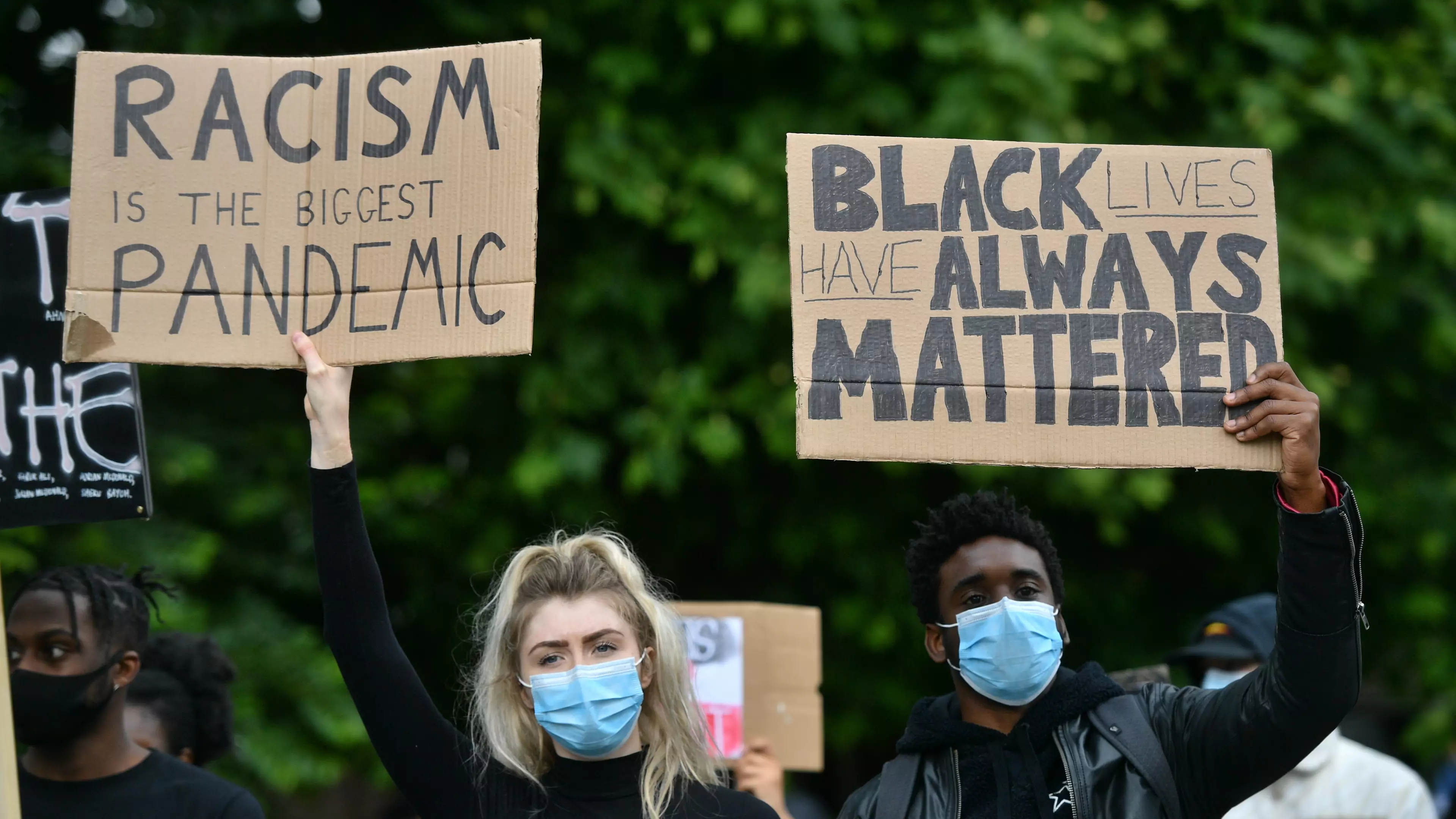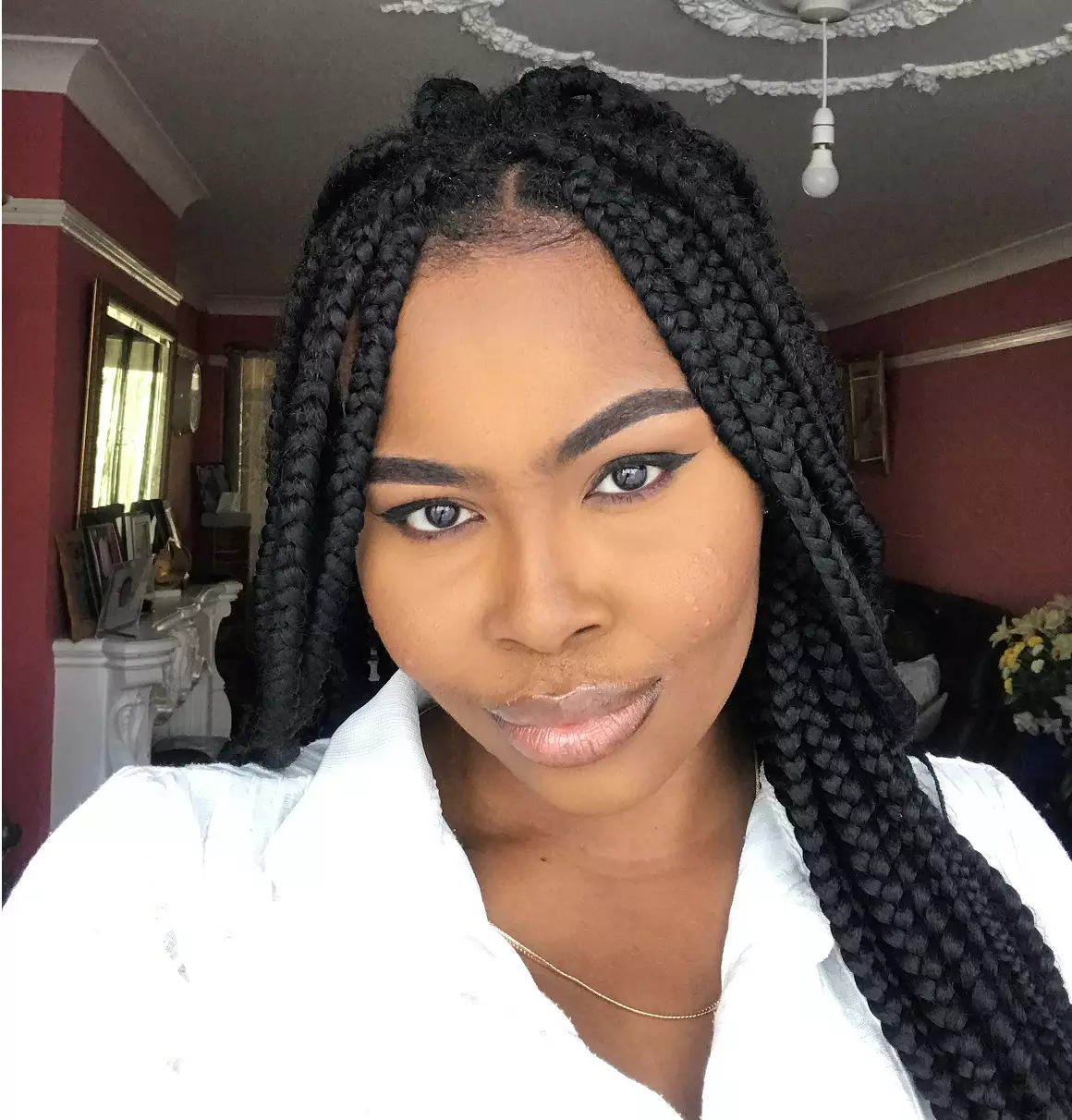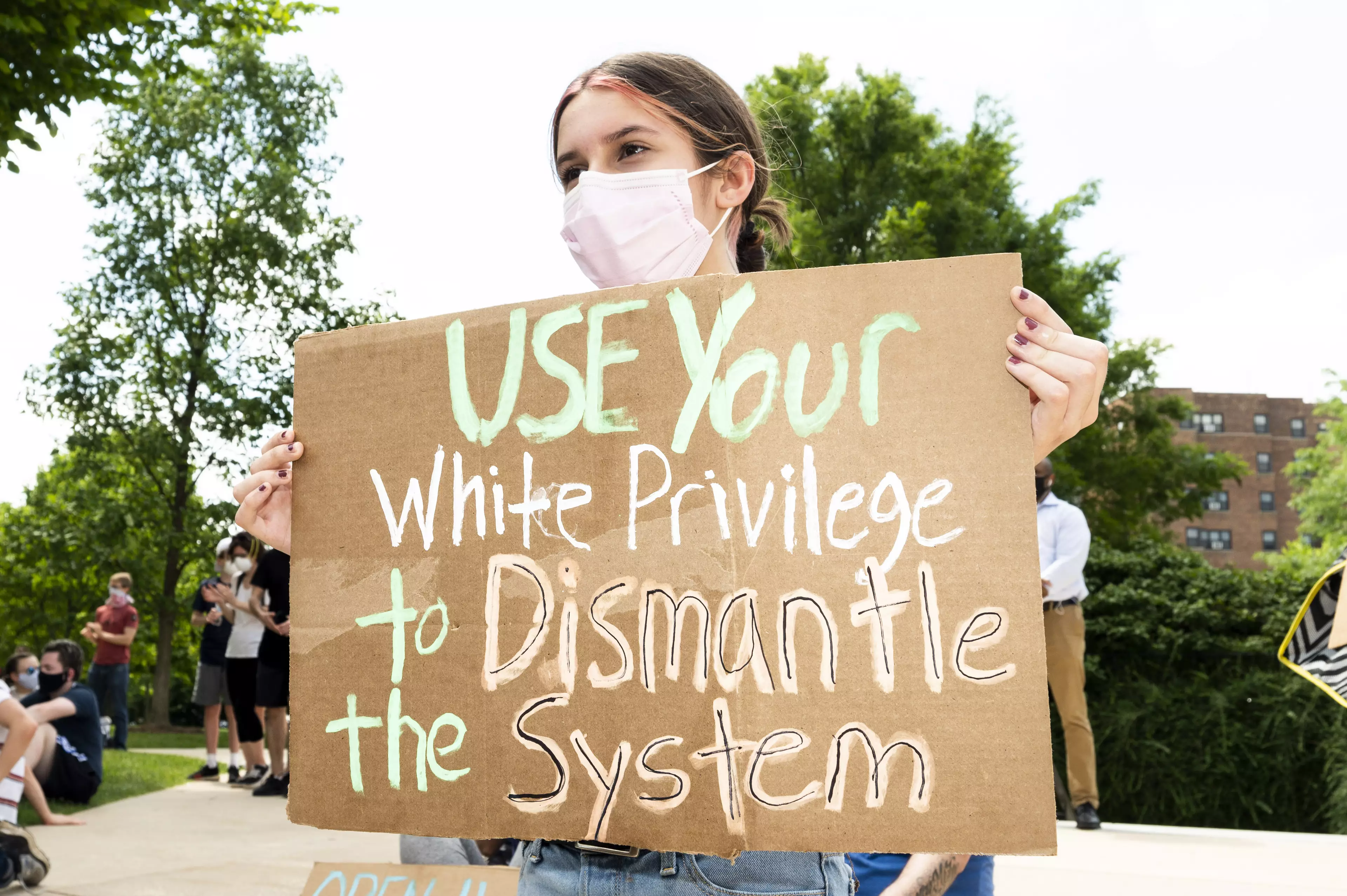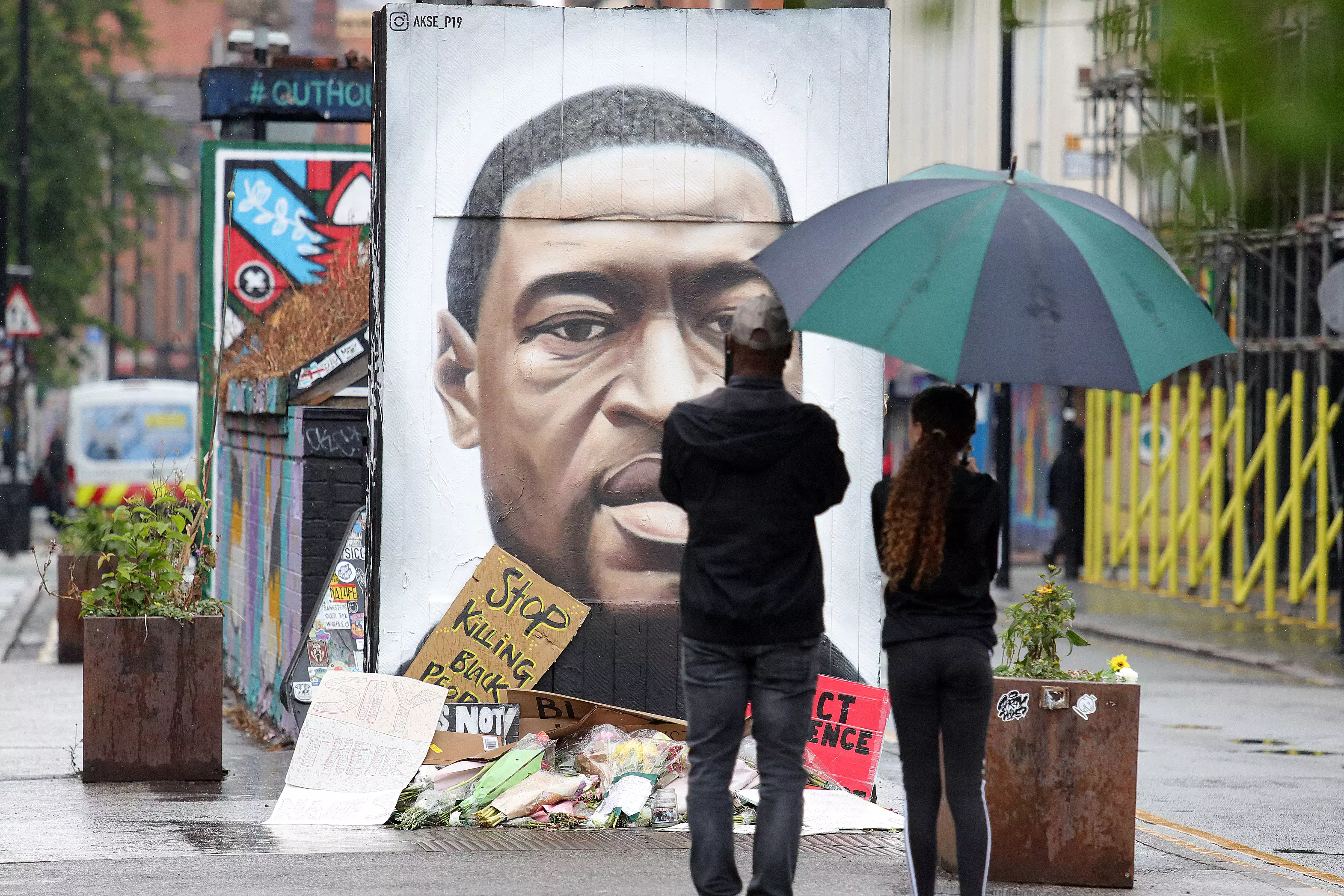
Words by Nikki Onafuye
The past three weeks have seen a wave of protests, marches and important conversations with one thing at the centre of it all: black lives.
It all started, of course, when a man was brutally killed by policemen because of the colour of his skin. George Floyd died after three Minneapolis police officers pinned him down, with one of them pressing his knee against Floyd's neck and ignoring his repeated pleas for help.
His death opened people's eyes to a problem that was already present but that we can no longer avoid - and with Black Lives Matter protests spreading around the world it seems that, finally, we are all on the same page, fighting for the same thing.

The unpalatable truth is that it's not just America that has a racism problem. To my mind, UK racism is more detrimental with its insidious but systematic way of tearing black people down. It's not an American problem, it's a systemic problem, and it's so much deeper ingrained than police brutality.
Systematic racism is something that takes its roots in the workplace, in the media, in wealth, income, employment and so much more. It's what happens when an organisation fails to provide a fair and equal service to people because of their colour, ethnicity or background.
This, in turn, inflicts untold pain on black people and limit their progress and withhold their opportunities.
The conversations going on right now are difficult. Yes, they are very awkward and yes, they may seem boring - but we need to talk about it.
Racism is a system, and dismantling it requires individual and structural reform; one thing you can do is be mindful of what you say and how you say it to your black friends, family members and individuals.
I'm not the only black person receiving an influx of messages from white friends asking, "are you okay?" or "what can I do to support?" Sure, their intentions are good - they're also placing a heavy emotional burden on us.
I can understand why you might want to reach out to your black friends or loved ones to see how they're faring during this racism pandemic. But, before you shoot that text or Instagram DM, here are a few things you should and shouldn't say.

WHAT NOT TO SAY
"The looting is out of control. They don't have to be violent"
What you shouldn't do is focus on the negative actions of a small minority of protesters. Because those cars and shops can be replaced, but the lives that have been lost can't.
"But I'm not racist, I'm your friend."
Thank you, yes you are my friend, but I am not your token friend. Don't use your black friend as a "get out of jail free card" for not being racist.
"But the UK isn't racist and it's not that bad as America."
Belly Mujinga. Stephen Lawrence. Shukri Abdi. The list is endless of UK victims of racism. When you say this, it diminishes your black friend's trauma - however little or small. They have been through some hard times and now isn't the time for you to water down their suffering.
"How do I support you?"
Right now, we are trying to look out for ourselves first before we can help anyone else. So, what you should say instead is: "I am learning to support you; please don't feel the need to help me on this." This will go a long way. Just know that what you say comes with a long-term action; such as signing petitions to help get justice, donating to black organisations and charities that support the black lives matter movement, reading books and journals on race, pulling up family and friends on racist comments and ideologies. This will help eliminate racism one step at a time. It all starts with you.
"You're so strong for going through all this"
On the surface this may seem like the best compliment but for many black women, the word "strong" has a connotation of being teared down constantly and having to plough through the suffering. So please try to not call her strong; the strong one has the right to be weak sometimes too.

WHAT TO SAY INSTEAD
"I understand that I will never be able to understand"
Thank you for acknowledging that we don't have the same struggles and that you cannot understand where I am coming from in fighting this.
"I am here to support you in any way you need"
You are pledging your allegiance here and it means that you are genuine.
"I see you. I am with you and I hear you."
Now that you have this information, please make sure that you are choosing your words carefully when speaking to black people during this sensitive time. We already have the burden of fighting for justice on our backs.
It is better to understand that the racism and trauma your black friends and co-workers live with and go through is bare minimum. Simply replacing these microagressive phrases from your conversations with a black person won't solve racism, no, but what it will do is show your black friend that you are an ally, that you are supporting and want to do better.
In the words of Nina Simone, that's all I ask.
Featured Image Credit: ShuttterstockTopics: Black Lives Matter, Life News, News, Real